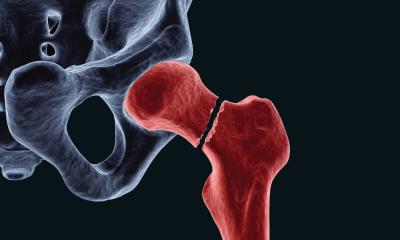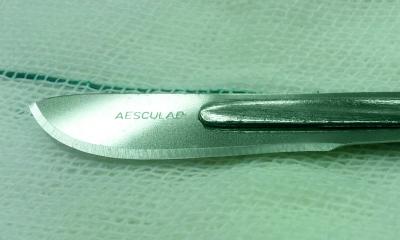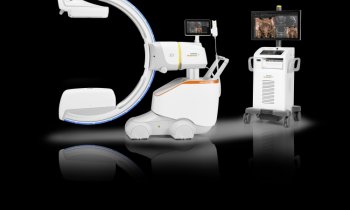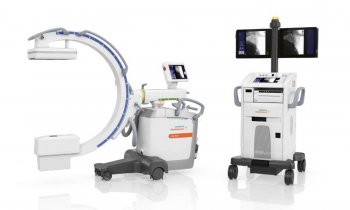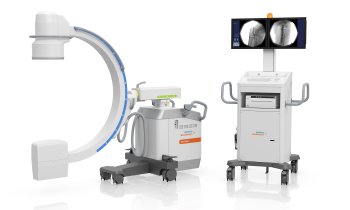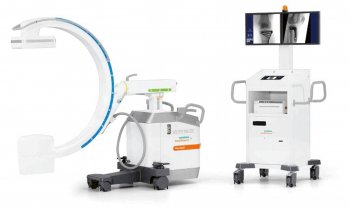Prevention
Design of operating theatre reduces hospital infections
In rare cases, a dangerous bacterial infection occurs following major cardiac surgery. A device which is used for the regulation of body temperature has been found to be responsible for this. Since this discovery was made, Bern University Hospital has been working on guidelines for infection prevention.

The bacterium M. chimaera, known in the context of pneumonia, is native to water. What was previously unknown is that it can also be transmitted via the air in water vapour. Worldwide, at least 70 patients have contracted an infection with the bacterium in this way during heart valve surgery or heart transplantation surgery. As an infection is relatively rare and the symptoms do not arise until months or even years later, the transmission route of M. chimaera had remained unclear until now.
Separate devices for temperature regulation from the patient
Together with colleagues from Zurich, infectiologists at Bern University Hospital have found the source of the bacterium: the widely used devices for the regulation of the patient’s body temperature which are used in conjunction with heart-lung machines. If the devices are isolated from the air circulation in the operating theatre, however, the danger can be almost completely eliminated.
The safest solution is to house the devices in an adjacent room with separate air circulation. This is what Bern University Hospital has been doing since the construction of its four new operating theatres for cardiac surgery at the Intensive Care, Emergency and Surgery Centre (INO) in 2011. In addition, it uses a device which does not emit any water vapour. Thanks to these measures, there have not been any cases of infection with M. chimaera at Bern University Hospital, and it is not expected that any will ever occur.
Investment in hospital hygiene
The initial author of the study, Dr. med. Rami Sommerstein, is pleased with the further progress made in his field: “We have established another correlation in hospital hygiene. As a result, we can create the foundations required to control this risk. We attribute considerable importance to the prevention of hospital infections. We are investing finding out more and creating superior conditions in this context.”
As a member of a topic-based working group at the Federal Office of Public Health, Sommerstein is now working on binding Swiss guidelines for the prevention of the infection.
Comments by Prof. Dr. Thierry Carrel, Head of Cardiac and Vascular Surgery: “The international study by Dr. Sommerstein touches on a sensitive topic in hospital hygiene. The vast majority of operating theatres for cardiac surgery lacks any hygienic separation between the operating theatre and temperature regulation device. I am glad that we were able, at Bern University Hospital, to consider the necessary structural requirements during the construction of the operating theatres – which shows excellent foresight. These circumstances have contributed to the fact that these germs have never been found during independent inspections at Bern University Hospital.”
Source: Bern University Hospital
02.12.2016



